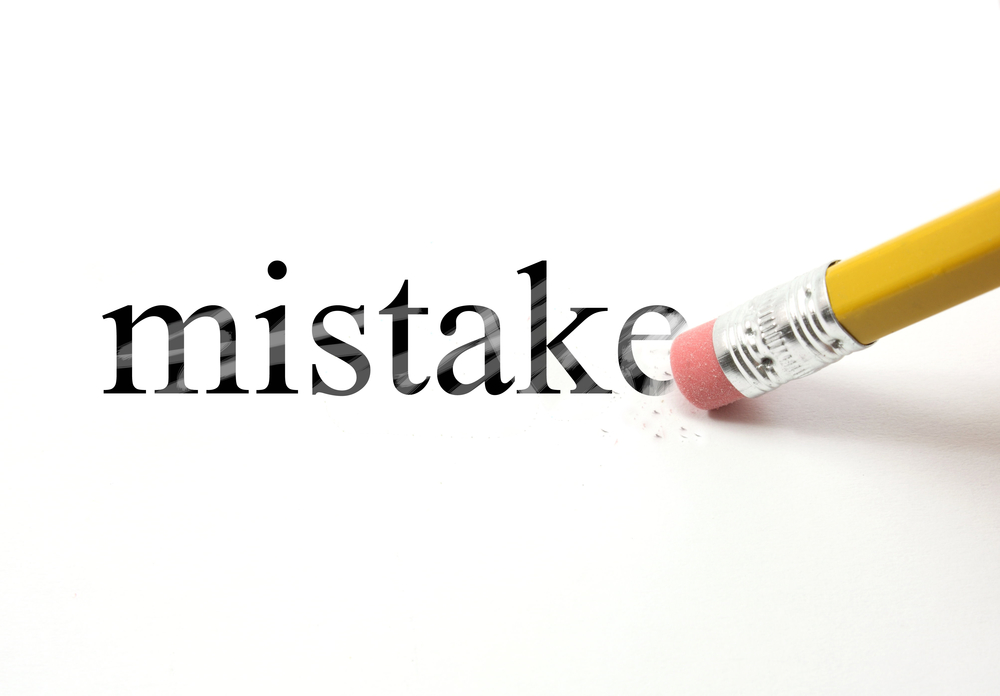
What mistakes can you avoid when filing for Social Security Disability?
Applying for Social Security Disability — SSD — benefits isn’t always easy and stress-free. Sometimes the application process can take anywhere from six months to a year. There are numerous papers you need to fill out and also medical documents that need to be shared with Social Security. It is said that two-thirds of those who apply for SSD will likely be denied the first time they apply for disability.
Though the odds aren’t great and the time spent on the application makes the process even longer, you should make sure you are careful when filling out your forms. Once you have decided to apply for SSD benefits, you should make sure that you become familiar with the process before you submit any papers so you don’t run into any problems. When you avoid these simple mistakes, you are giving yourself a better chance of being approved. Here are some common mistakes that you can avoid the first time around.
Not Hiring a Disability Attorney For Help
Consulting with a lawyer during the beginning stages of your process will be beneficial to you, especially if there are any questions you have or what an appropriate answer would be. Having an attorney will increase your chances of successfully being approved for SSD benefits. Your application will be accurate and have the proper format. Your attorney can also advise you during the later steps of the process, if needed.
Leaving Out Any Impairments On Your Application
You should be completely honest on your application because questions will be asked regarding your condition and impairment. Your attorney will advise you to give details so that you are displaying that your condition has impaired you and kept you from performing duties at work. It is just as important to your application that you list all conditions that you suffer from. This can be anything from depression or even having high blood pressure. All of your impairments will be considered combined.
Not Checking In On Your Application
Regularly checking in on your SSD application is critical. You should never assume that SS is diligently working on your specific case because it could prolong your claim. When you request a status on your application, you are making sure that all of your paperwork is still there and is being processed.
Not Providing Complete Medical Documentation
In this case, the more your provide to your claim, the better your chances of receiving disability will be. Many will include any tests that you’ve done to prove your disorder, notes from medical professionals and information from your care provider. Providing documents is critical to proving you have a medical disability. You should also list the times that you went to the emergency room, any surgeons that you’ve seen or medical specialists. Giving too much information is better than not having enough, so list everything that can be used as evidence to support your claim.
After being denied, not appealing
Because the chances are high that your claim might be denied during the early stage of your application, a mistake many applicants make that is critical is not appealing. This is either not appealing quick or enough or not at all. Just because Social Security didn’t approve you the first time, doesn’t mean they won’t. It is likely that SS has made a wrong decision when denying you claim for they review hundreds of applications daily. You have 65 days to appeal a denial and the deadline is very strict. It is vital to your situation that you appeal in a timely fashion.

